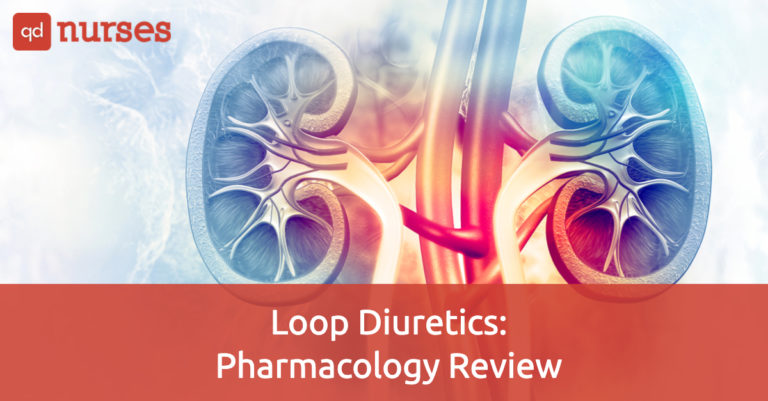
Loop Diuretics: Pharmacology Review
There are three types of diuretics: loop, potassium-sparing, and thiazide. Diuretics are also called water pills. These medications assist in the release of sodium
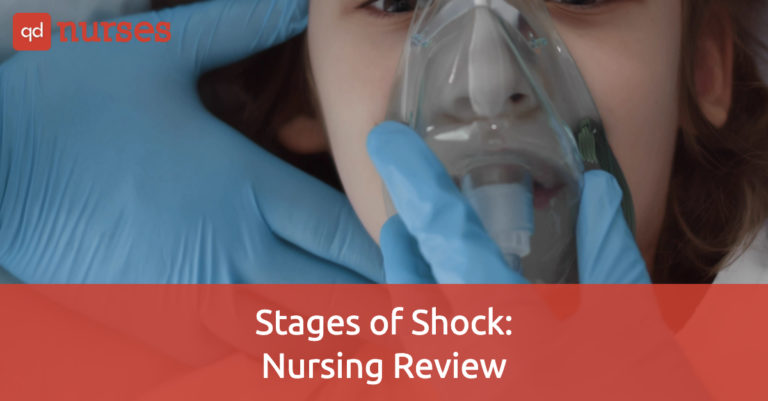
NCLEX Review: The 3 Stages of Shock You Should Know as a Nurse
Shock is a condition when the body is not getting enough blood flow. This condition is life-threatening, so the best option is immediate treatment.

Nursing Review: The 2 Types of Body Chloride Level Abnormalities
What is Chloride? Ions are important in many bodily functions, such as water balance. One of these important ions is chloride. Along with other

Fluid and Electrolytes: Nursing Review
Life and homeostasis depend largely on fluid and electrolyte balance and its dynamic processes. Fluid Our body consists of almost 70% of water. It
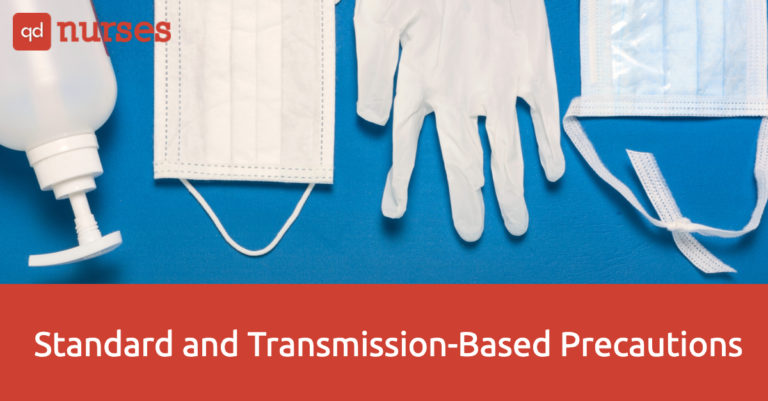
Standard and Transmission-Based Precautions
Standard Precautions Standard precautions pertain to the minimum required practices applicable for ALL health workers, patients, and visitors to achieve basic infection control and

Nursing Review: 6 Important Facts To Know About Septic Shock
Septic shock is a clinical continuum from sepsis. It’s characterized by the dropping of a patient’s blood pressure to a life-threatening point after an
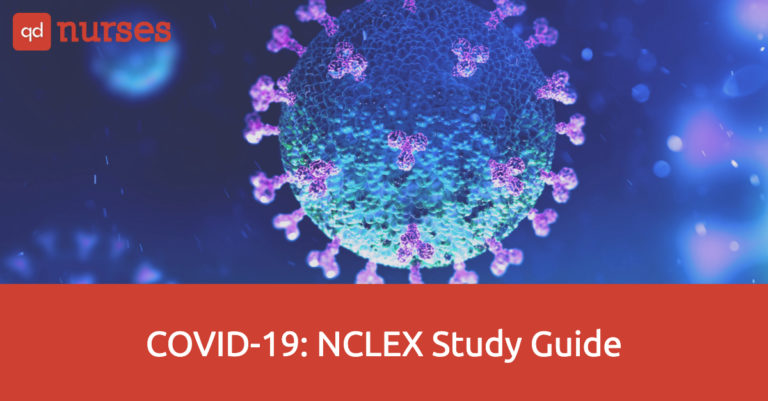
Nursing Review: 11 Important Facts to Know About COVID-19
COVID-19 (Coronavirus disease 2019) is a highly contagious viral infection. This is caused by the SARS-CoV-2 or severe acute respiratory syndrome coronavirus 2. Quick
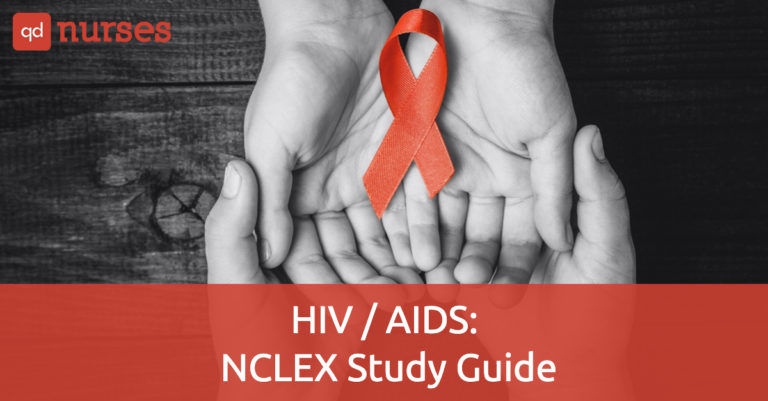
Nursing Review: Learn More About the 3 Stages of HIV Infection
HIV (Human Immunodeficiency Virus), is a virus that strikes mainly the CD4 and T cells of the body. If left untreated, it will progress
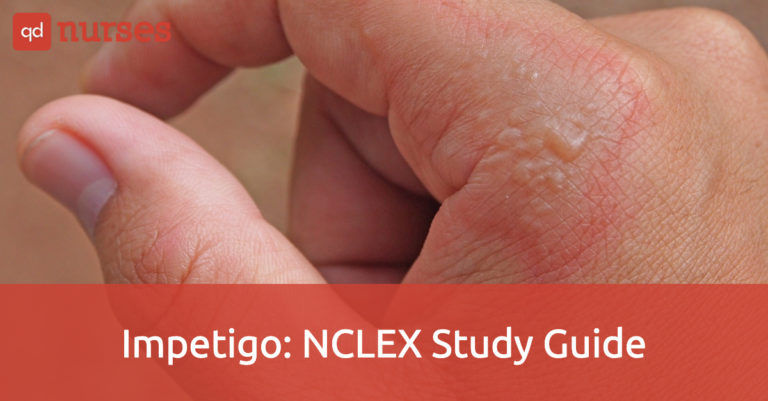
Nursing Review: Learn More about the 6 Known Risk Factors of Impetigo
Impetigo is a type of bacterial infection on the skin. It is common to children. The infection is caused by two bacteria: Group A

NCLEX Review: The 6 Stages of Pressure Injuries Nurses Should Know
Pressure injuries, also known as bedsores, are common. This is an injury to the skin and the tissues under it. The injuries are due
